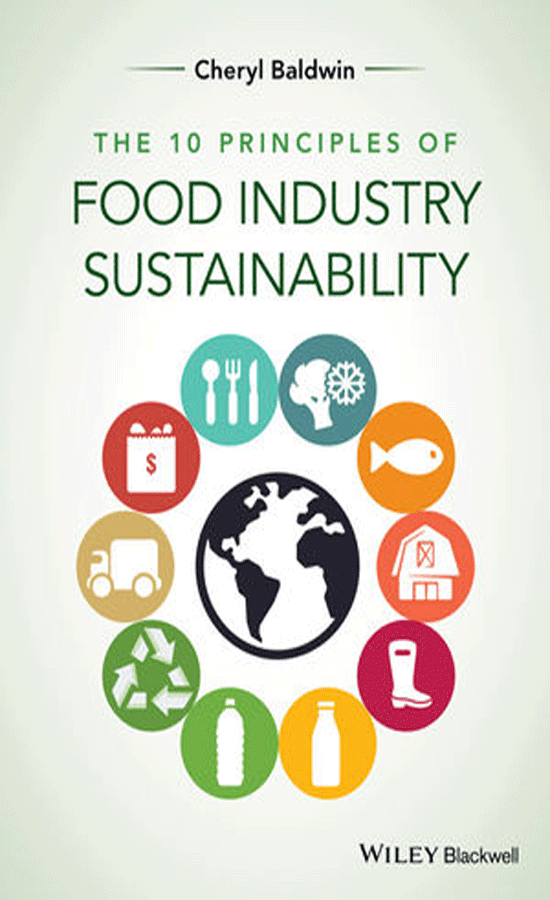Red meat – Sustainable real food

By Matt Luxton, Silver Fern Farms’ Director of U.S. Sales
Calls by producers of artificial meat for the eradication of animal agriculture by 2035 are both environmentally sensationalist and economically alarmist.
The need for every industry to reduce make progress towards a low carbon future is unimpeachable. Many industries are self-aware of their carbon legacies and are innovating their way into the future to steadily reduce their footprint. Others must be pressured or regulated to get with the program.
Red meat is a nutrient-dense, protein-rich food group with a healthy role in our diet. The business of producing red meat for food has a long checklist of actions to be taken to reduce its carbon footprint – and we know the ingredients for producing a sustainably commendable piece of (real) meat.
Consumers, quite rightly, have an influential hand in determining the future of farming through their purchasing preferences. For some, plant-based meat alternatives created in laboratories and manufactured in factories is becoming an acceptable choice. The milk industry has shown how consumer trends can force market leading companies out of business for not adapting to their changing needs and desires.
The artificial meat producers are seeking to position themselves in the market by calling farming “prehistoric” and predicting its near-term extinction. Livestock is a trillion-dollar global industry, there will be change, there will be disruption, consumers will force new behaviors, and farmers themselves need to adapt to changing landscapes and the transformation of food driven by climate imperatives and consumer preferences.
Consumers will also force the pace of change by making decisions based on product information. Silver Fern Farms definition of sustainable starts with its Sustainable Chain of Care, right from your plate to the climate, clean air and plentiful rainwater that fuels year-round growth of lush, green pastures. The animals are raised year-round, on this pasture, with access if needed to conserved forages like hay and silage, made when there are surplus of grass on the farms they are grown on. It also means the animals have been raised with the ability to wander and graze freely. They eat and live as they would naturally – reducing stress and promoting better animal welfare. This means there is no reliance on bought in feed, antibiotics or hormones, just the feed that each farm can produce to feed the animals it grows. Consumers want to see these transparent qualities at their butcher and in the meat aisle of supermarkets.
For Silver Fern Farms the definition of sustainability will continue to evolve but the Sustainable chain of care forms a core and essential part of what we do, this involves:
- Animals sourced from diverse landscapes with well-managed grazing systems balanced with vegetation that acts as a carbon sink offsetting methane emitted by livestock and providing valuable biodiversity, shade and shelter for animals
- Dedicated management to maintain water quality, land use matched to production that improves soil health and contributes to biodiversity
- Strict adherence to best practices for animal welfare
- Sustainability targets across all its processing sites to reduce energy and water use and improve the way we manage our wastewater
- Reducing and eventually eliminating the use of coal at its processing facilities and focusing on the use of renewable energy
- A primary focus on removing the use of resources, including plastic, from our supply chain and moving to recyclable packaging without compromising food safety or food waste
Above all, red meat producers need to declare their commitments to reducing greenhouse gas emissions. New Zealand as a country has already adopted a target of Net Zero Carbon by 2050 and New Zealand sheep and cattle farmers have reduced GHGs by 30% since 1990. Silver Fern Farms is the first red meat processor and marketer in New Zealand to verify its carbon footprint and adopt a carbon emissions reduction plan. Its working hard with a group of farmers to gain a deeper understanding of what drives methane emissions and what further opportunities exist to create carbon sinks on their farms that are in tune with biodiversity goals, native vegetation and red meat production.
Hominins first started eating meat 2.6 million years ago. We started cooking food about a million years ago. Cows were domesticated 10 millennia ago. Meat is a proven healthy human food. We’re 100% certain today’s red meat producers are making real progress towards a sustainable future.
Looking for a reprint of this article?
From high-res PDFs to custom plaques, order your copy today!





